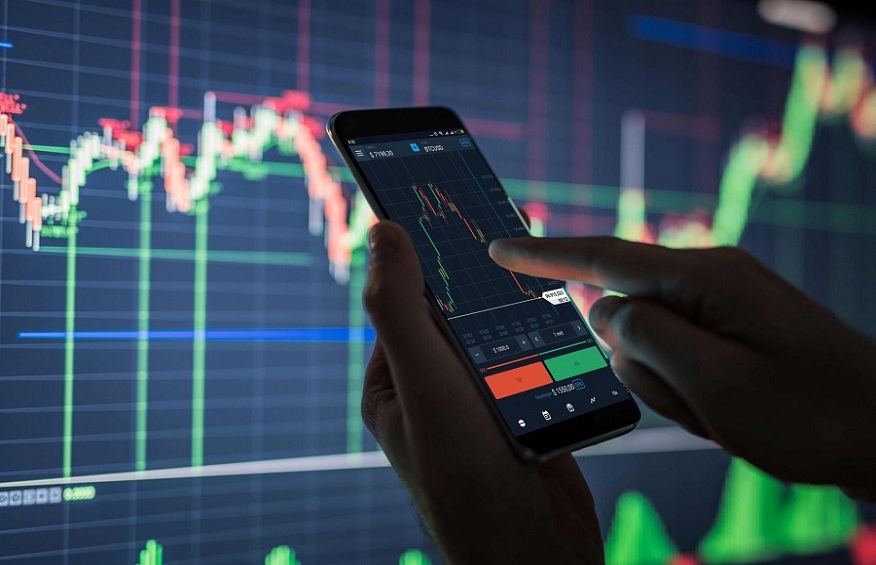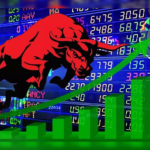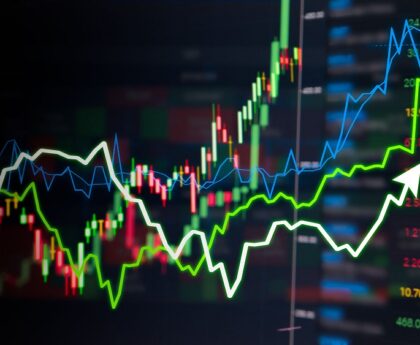Commodity trading is a fascinating and dynamic aspect of the financial markets that has been at the heart of global economies for centuries. It plays a pivotal role in exchanging raw materials and resources, making it a fundamental element of international trade. This article explores the world of commodity trading online, focusing on the significant influence of market sentiment and its evolving future. We will also explore how to analyse market sentiment, manage risks, and make informed decisions in this fast-paced industry with the help of a commodity trading platform.
Understanding Commodity Trading in SA
Commodity trading in SA is deeply rooted in the nation’s history. With a wealth of natural resources such as gold, platinum, and diamonds, the country has established itself as a significant player in the global commodity market. These commodities, among others, have attracted the attention of international investors, leading to a well-established and regulated commodities trading ecosystem in the country.
South Africa’s commodities landscape is multifaceted, with products ranging from agricultural goods to precious metals. Understanding the intricacies of this market is crucial for anyone looking to venture into commodity trading.
The Role of Market Sentiment
Market sentiment, the collective mood and perception of traders and investors, holds substantial sway over commodity prices. This subjective factor often determines whether a commodity’s value rises or falls. In commodities, market sentiment can be affected by various factors, including geopolitical events, supply and demand dynamics, weather conditions, and economic data.
Investors should keep a close eye on market sentiment, as it can provide valuable insights into potential price movements. By staying informed about market sentiment, traders can anticipate price fluctuations and make better-informed decisions.
Analysing Market Sentiment in Commodity Trading
Analysing market sentiment is an essential skill for commodity traders. Fortunately, there are numerous tools and resources available to help traders gauge market sentiment accurately. Some popular methods include studying news and social media, tracking economic indicators, and monitoring the positioning of large traders, known as “smart money.”
Additionally, traders can utilise sentiment indicators, such as the Commitments of Traders (COT) report, to gain insight into the positions of commercial and non-commercial traders. These reports provide valuable data on market participants’ net positions, helping traders understand the broader sentiment in the market.
Managing Risks and Making Informed Decisions
Trading commodities is not without its risks. Prices can be highly volatile, and external factors can have a significant impact on market sentiment. To mitigate these risks and make informed decisions, traders should employ risk management strategies.
Diversification is a crucial aspect of risk management. By spreading their investments across various commodities, traders can reduce their exposure to the fluctuations of any single market. Setting stop-loss orders and using protective options can help traders limit potential losses.
Moreover, staying informed and continuously analysing market sentiment is crucial for risk management. By understanding the factors that influence sentiment and price movements, traders can make better decisions that align with their trading goals and risk tolerance.
The Future of Commodity Trading and Market Sentiment
The world of trading commodities is not static; it is constantly evolving. With technological advancements and changes in global dynamics, the future of commodities trading holds promise and challenges. Artificial intelligence and big data analytics are playing an increasingly prominent role in analysing market sentiment and making trading decisions.
Additionally, sustainable and environmentally responsible trading practices are gaining traction in the commodity market. As climate change and environmental concerns take centre stage, ethical and sustainable trading practices will likely become more prevalent.
Trading Risk-Free With The Help of Commodity Trading Platform
Trading commodities have become more accessible to retail traders thanks to the rise of online commodity trading platforms. These platforms allow users to trade a wide range of commodities from the comfort of their homes. Platforms like Banxso provide access to real-time market data, advanced charting tools, and risk management features.
One advantage of trading through an online trading brokerage platform is opening demo accounts. These accounts allow traders to practice strategies and test their understanding of market sentiment without risking natural capital. This is an excellent way for beginners to gain confidence and experience before venturing into live trading.





